The Happy Museum Project is due to be reassessed this year, 2013, and will hopefully be adopted by other organisations.
The idea behind The Happy Museum Project is to discard the old concept of museum visitors as onlookers and to see them as participants. This involvement can lead to a new found sense of responsibility and stewardship for their local communities, not to mention individual personal growth and confidence .
Museums are not just about displaying our past. They also illustrate how life is inevitably about change and how these changes can often bring about transformations in our communities . These transformations can be positive if people feel they have an active role to play in these changes.
The Happy Museum Project recognises that material well-being is an important factor in our lives, but it is not the key to happiness. It is our connections to our fellow human beings that matter most.
Sources:
1.“Museums of Happiness” by Tony Butler in Resurgence Magazine, May/June 2012.
2.“Museums to become ‘happy’, progressive community spaces” by Christie Teal in Positive News Autumn 2011.
3. The Happy Museum Project website.


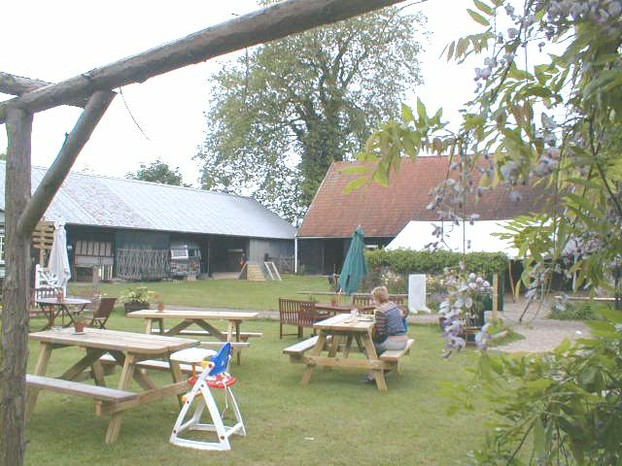
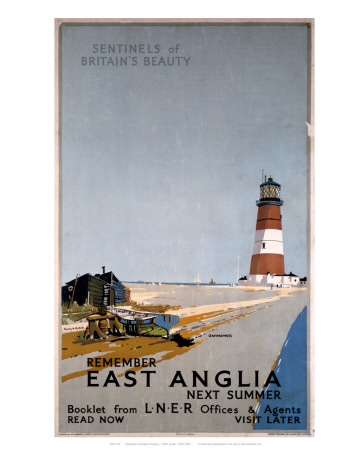
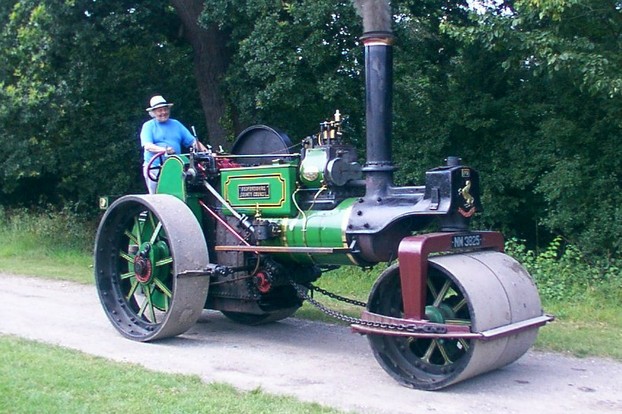
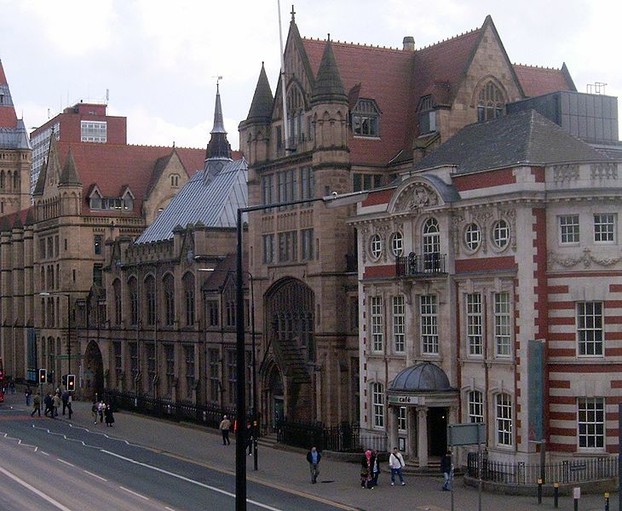
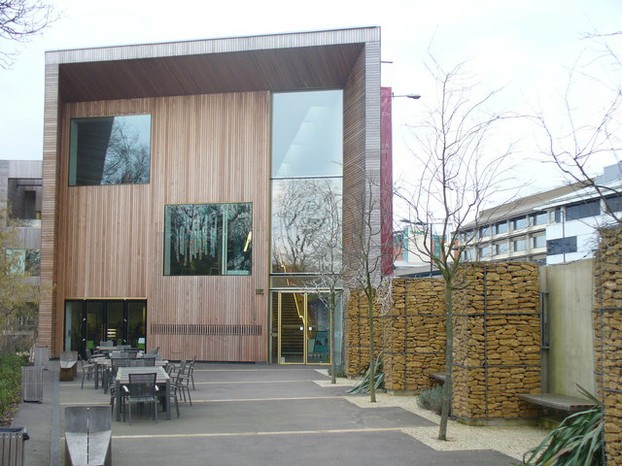
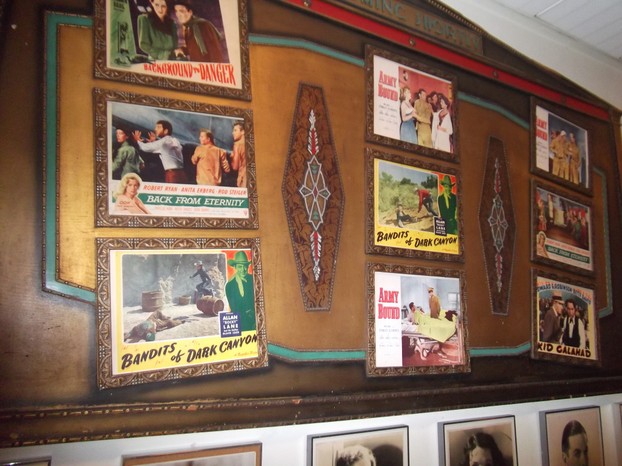
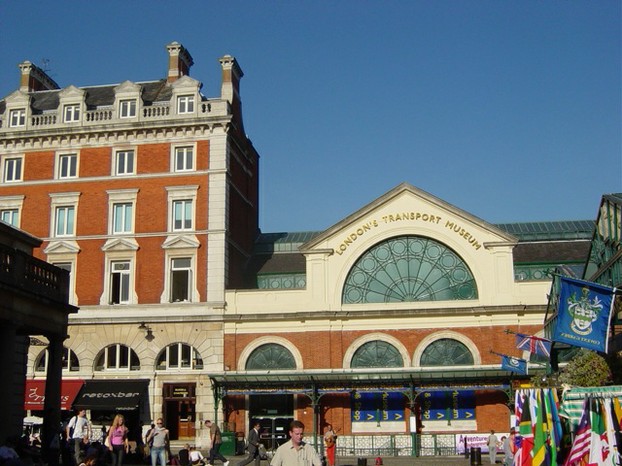
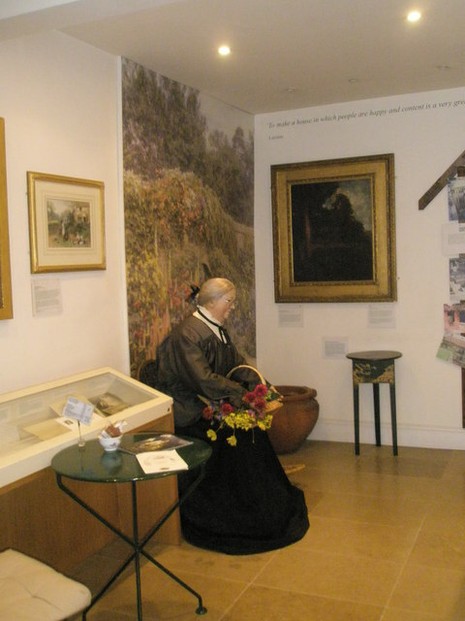
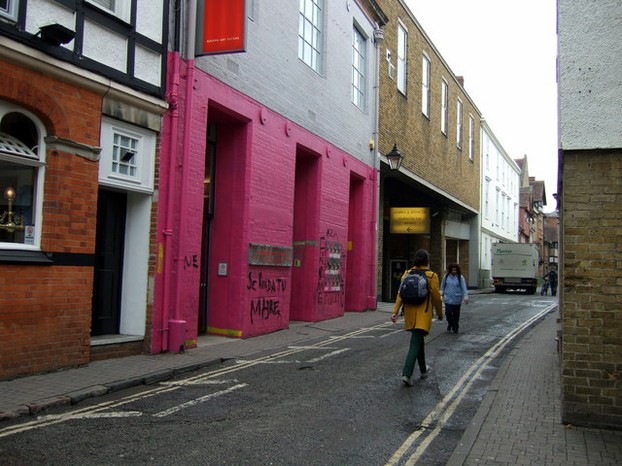



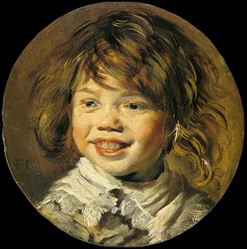

 How to Choose a Walking Cane or Stickon 08/01/2014
How to Choose a Walking Cane or Stickon 08/01/2014
 Michael Miller Fabulous Fabric Swatches for Quilting, Crafts etcon 07/02/2014
Michael Miller Fabulous Fabric Swatches for Quilting, Crafts etcon 07/02/2014
 The Drama of Life in the Rock Poolon 06/08/2014
The Drama of Life in the Rock Poolon 06/08/2014
 The Flâneur - Symbol of Modernity in 19th Century Parison 05/09/2014
The Flâneur - Symbol of Modernity in 19th Century Parison 05/09/2014



Comments
Hi Mira - The Cinema Museum does have a programme of films and events where people involved in all aspects of the film world come to speak to the community and they show lots of films too . Is that what you meant? Glad you found the article interesting! Thanks for your comment.
These are all some nice ideas to get the community involved and working together. Maybe at the cinema museum they could also offer the possibility to actually watch those movies! :)